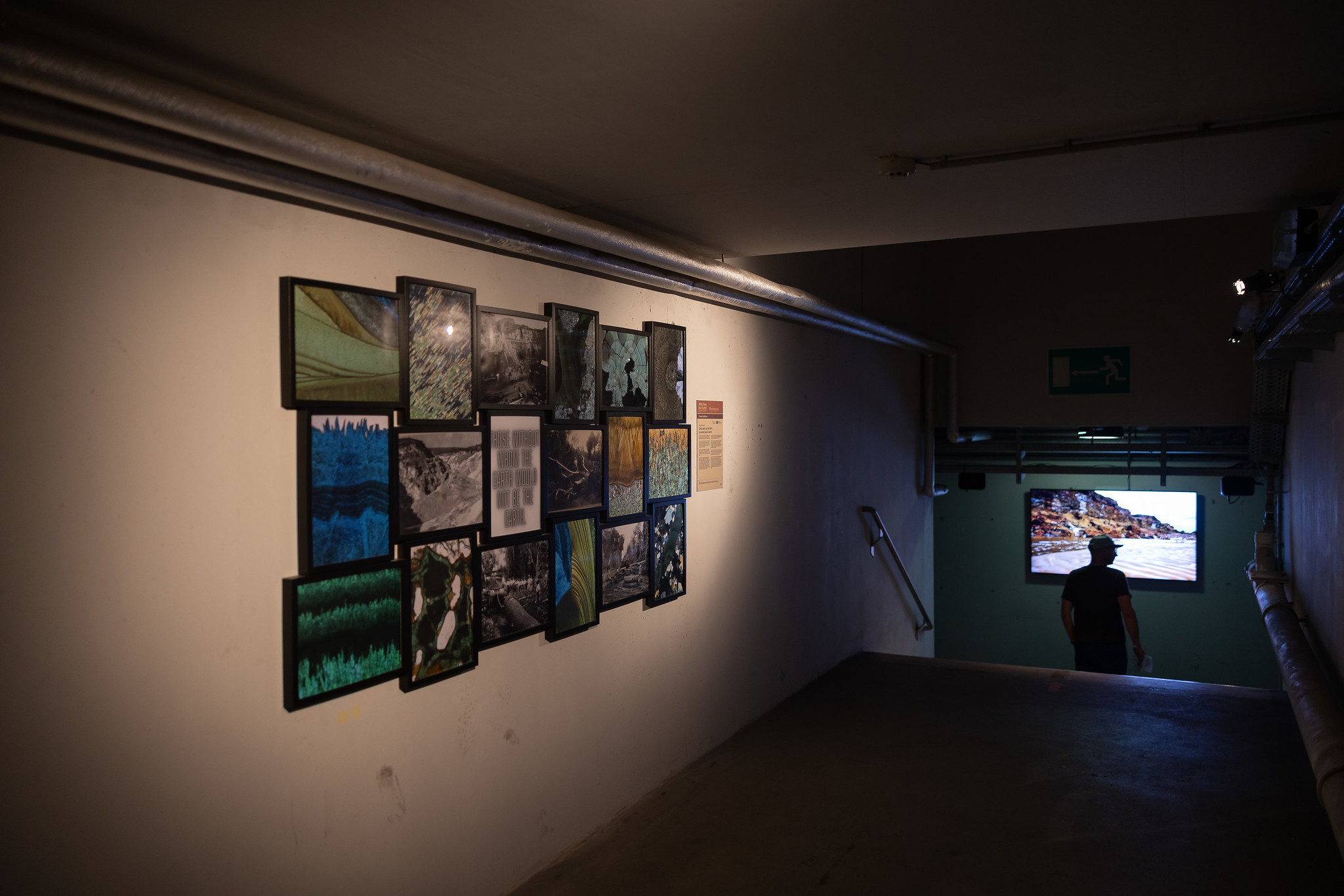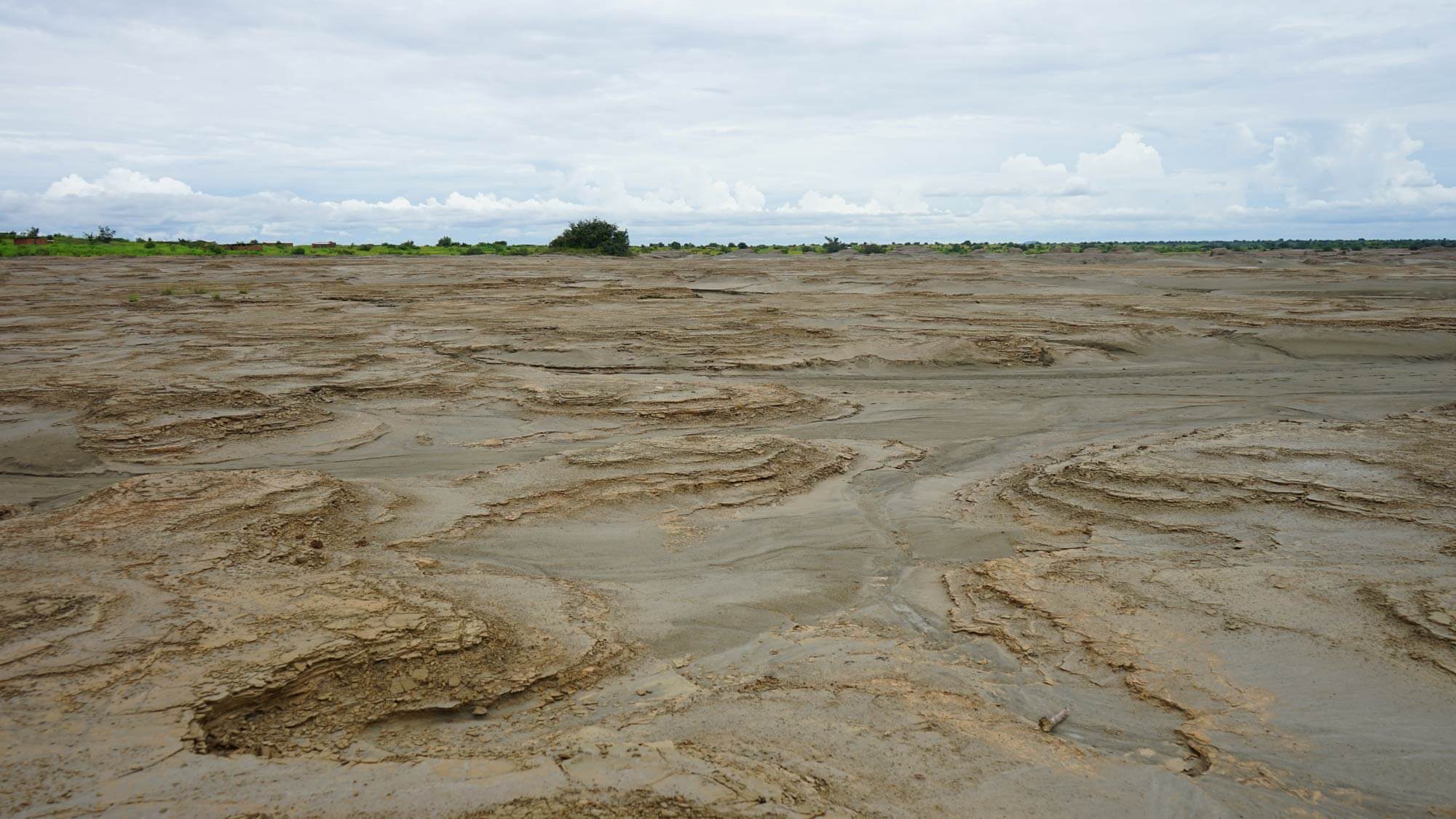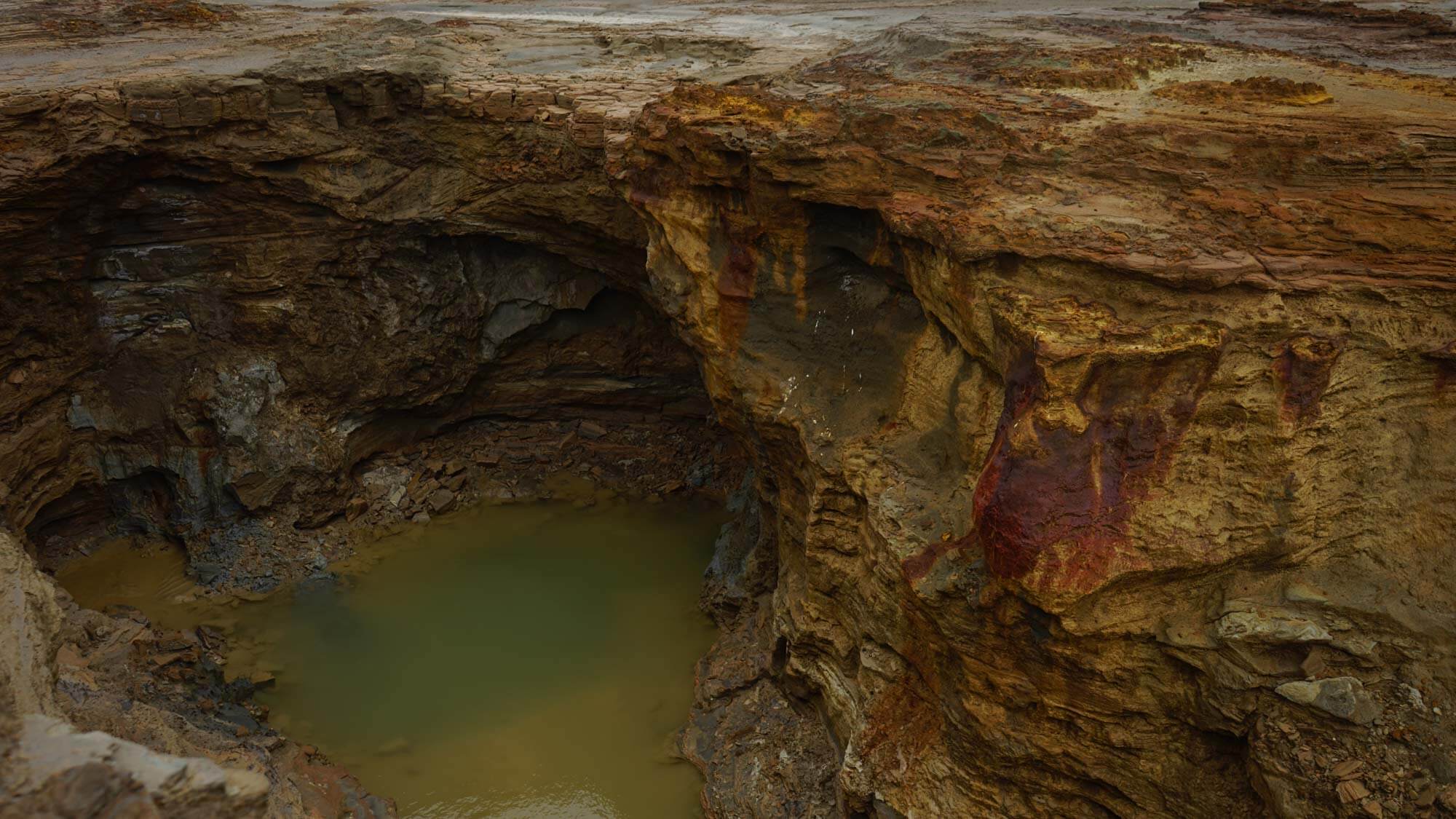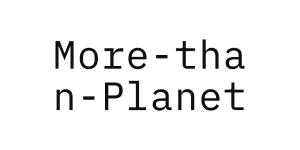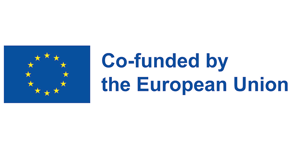The installation Those Without Whom the Earth Would Not Be the Earth draws inspiration from the reflections of the ecologist Malcolm Ferdinand, who offers a critique of our current approach to the global ecological collapse. Ferdinand highlights a fragmentation between concerns for a better future for our planet on one hand, and an unanswered societal urgency on the other.
The title of the artwork references an excerpt from Notebook of a Return to the Native Land by poet Aimé Césaire. In ironic manner, the poet reminds us that those who suffer from systems of injustice and exploitative practices are precisely the ones who have taken care of the earth by living in harmony with nature, thus not contributing to its destruction.
The work is set in the context of the Democratic Republic of Congo, which has been a coveted and exploited space since Belgian colonization due to its rich biodiversity and mineral resources. This historical and international covetousness has turned the DR Congo into a site of permanent conflict, social injustice and ecological threats, with its ecological footprint ranking highest globally. The artist establishes an analogy between ecological toxicity (resulting from abusive exploitation of the land and subsoil) and social toxicity in his country characterized by economic inequality and an unjust system.
Credits
Video: David Shongo
Photographies: David Shongo
Source of archives: Africauseum
Texts: David Shongo
Production: Studio 1960
This project is presented in the context of the More-than-Planet project co-funded by the Creative Europe Programme of the European Union.
David Shongo (CD)
David Shongo is a composer and visual artist from the Democratic Republic of the Congo. He studied Telecommunication and Networks at the Protestant University of Lubumbashi. He is the co-founder of Studio 1960 and artistic director of the Pianos Festival in Kinshasa. His work also explores the symmetrical possibilities that sound and image can have as movements and the poetic charge that each of these movements can carry towards the other. The question of decoloniality is highly present in his works, manifested through the integration of archives from the pre-colonial, post-colonial, and contemporary periods. Thus, Shongo treats colonial archives not merely as chronological elements of colonial history, but rather as constants of colonial heritage in the present.
